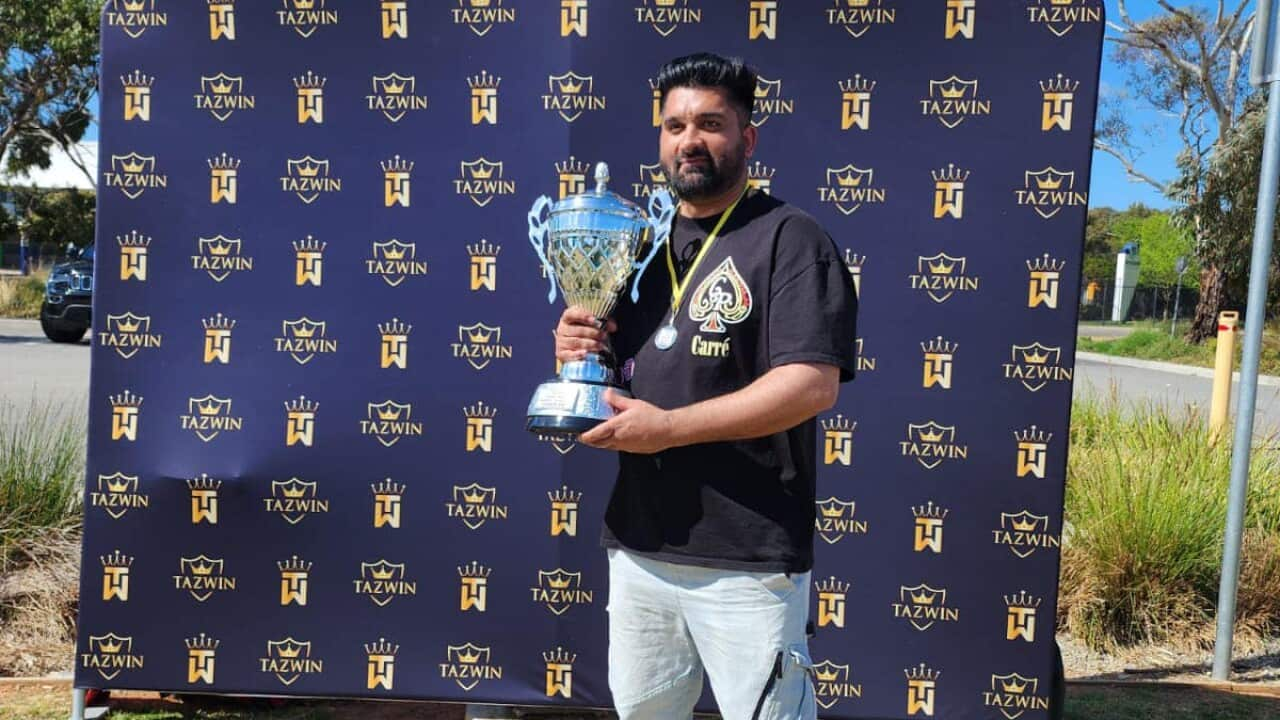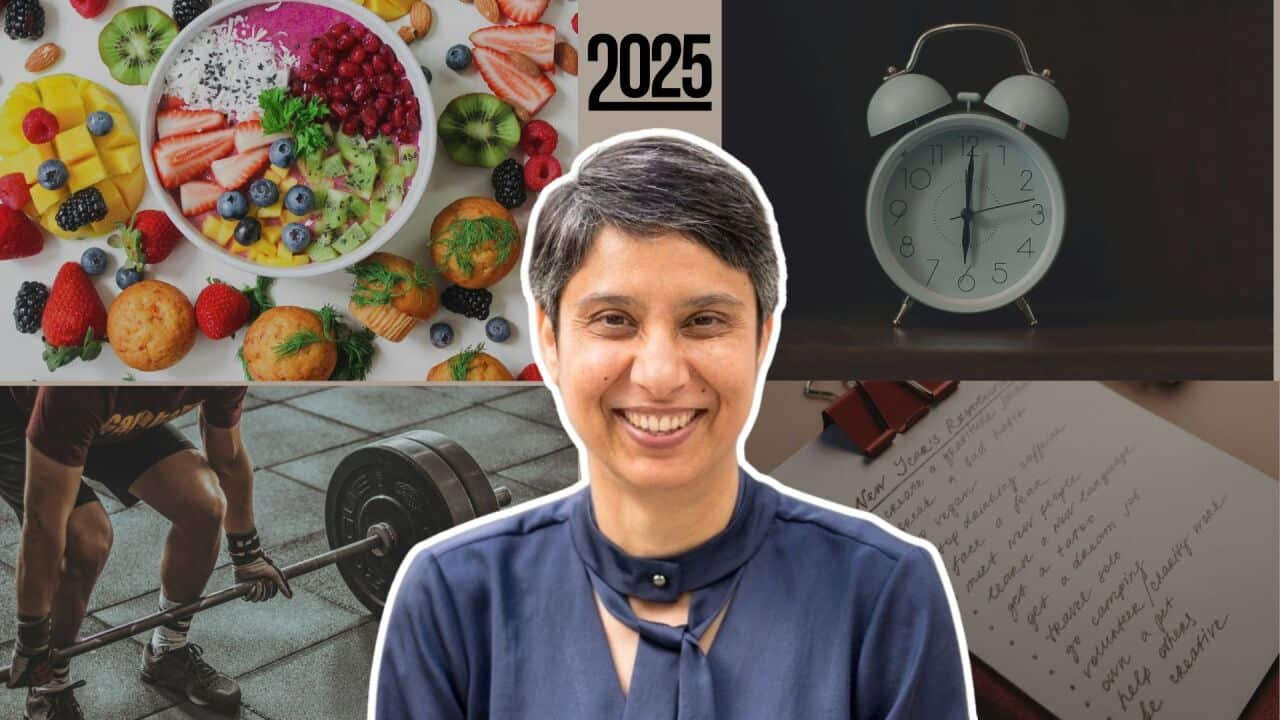Renmark is the largest town in the Riverland area, which is located on the Murray River. It is situated about 260 km northeast of Adelaide and 139 km west of Mildura.
The area is also home to a vibrant and thriving Sikh community, a majority of which is involved in producing fruits and vegetables, both as farm-owners and labourers.
Saroop Singh Johal and Molly Johal are two widely recognised faces of the community. They are 'successfully settled' in this region for over 40 years now.
“It’s been a long journey which speaks of hard work, social cohesion and acclimatisation within the local society,” said Mr Johal.

In a day’s work – Mr and Mrs Johal with their farm machinery in an orange orchard in Renmark. Source: Supplied
“But once there was some support structure and jobs, we became more well-established as a community, and our desire to belong grew stronger and stronger. Now there are between 200 - 250 families living prosperously in this area,” he said.
“In recent times, there has been a shift in the settlement pattern of this area. Earlier, it was predominantly people from Italian and Greek backgrounds who moved here, but now there is a larger mix because of which it’s a lot more multicultural.”
Molly Johal’s father moved to Renmark in 1972 from northern Queensland town of Cairns.
“My father had developed asthma-like symptoms while working in sugarcane fields in the far-north. It was so severe that he had to move to Renmark on his doctor’s advice,” said Mrs Johal.
“We’ve proudly called this area our home ever since our father first settled here in the 1970s.”

The Sikh place of Worship [Gurdwara] at Glossop, SA. Source: Supplied
“A few like-minded people bought a place for $36,000 to build a Gurdwara to nurture their spiritual needs,” he said.
“We bought two shops which we dismantled, and went on to construct a new building for our place of worship.”
The Johals started their lives as ‘humble’ farm labourers before owning their own orange farms and vineyards in 1989.
“It was tough indeed. We worked as seasonal labourers seven days a week. But we have no regrets as we consider ourselves lucky to be living in regional Australia,” said Mr Johal.
This land gives you a fair chance to live in prosperity, provided you work hard and of course, in the right direction.

The Johals at their daughter's wedding in 2019. Source: Supplied
“I am only keeping vineyards at the moment as they are relatively easy to manage by mechanical means, especially for the purpose of pruning and harvesting,” he adds.
"Most of the Sikh farmers in this region are involved in the production of limes, olives, apricots, grapes, plums, almonds, oranges are some seasonal vegetables."
Mrs Johal said that like most migrant communities maintaining one’s culture and language among the younger generations has been a big challenge.
“We struggled a bit but later, we learned to live with this curse of migration. Now we are trying to do what we can,” she said.
“We aim to teach them how to embrace local values and the Australian way of life. Our place of worship runs special classes to teach Punjabi to our children. We also host cultural and religious functions to educate the next generation about who we are and why it’s important to remain connected to the roots.”

Sharon Johal (M) as Dipi Rebecchi in Network Ten's TV show, Neighbours Source: Supplied
Sharon is the first Punjabi actor on national television in a mainstream program after

Molly Johal has initiated many Punjabi cultural activities in Renmark. Source: Supplied
We can’t ask for more - such is the love and support from the area.
“I will also congratulate the Sikh community especially the farmers who have been key drivers of this area’s economic growth.”
“It is government’s job to encourage people to move to the region. We are happy to facilitate local support and integration like people did for us around 40 years ago.”











